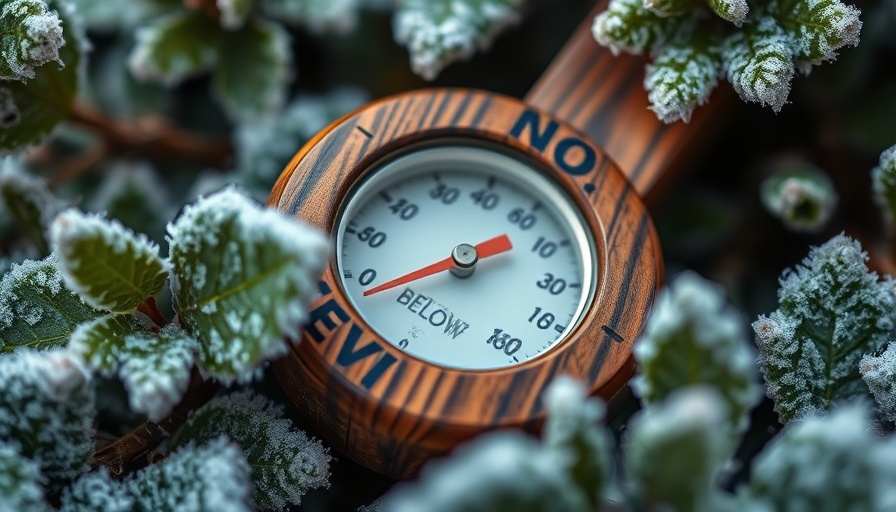
The Hidden Risks of Cold Weather for Seniors
As the winter months approach, many individuals envision cozy nights by the fire. However, for seniors, this season brings heightened risks, particularly hypothermia. A lack of awareness about personal temperature can lead to dire consequences, as elderly individuals often aren’t able to gauge their body heat as effectively as they once could. Understanding these risks is vital for family members and caregivers alike.
Understanding Why Seniors are Most Vulnerable
Seniors face increased vulnerability to hypothermia due to various factors. Decreased physical activity often results in less body heat production, making it hard for older adults to recover from cold exposure. Additionally, several chronic conditions such as diabetes, arthritis, and some medications can inhibit the body's natural responses to cold. Thus, it's imperative to monitor the health conditions affecting these individuals closely.
Essential Tips for Staying Warm in Winter
To help prevent hypothermia, here are five essential strategies tailored for seniors:
- Maintain a Comfortable Home Temperature: Setting the thermostat at a minimum of 68 degrees Fahrenheit is crucial. Ensuring all rooms are insulated and prepared for the cold can enhance warmth while being conscious of heating costs.
- Dress in Layers: Layering clothing is key. Seniors should wear warm socks and sweaters at home and keep a selection of cozy blankets handy for when they feel the chill.
- Stay Active Indoors: Simple activities like walking or mild stretching around the house can foster better circulation, helping maintain body heat.
- Dress Appropriately for the Outdoors: Before venturing outside, seniors must dress warmly, including wearing protective gear like hats, scarves, gloves, and even face masks in extreme conditions.
- Consulting Healthcare Providers: Seniors should discuss their susceptibility to cold due to any existing health conditions directly with their medical professionals. Proper guidance can provide tailored protective measures.
Ensuring Safety is a Priority
Not only does understanding the risks associated with hypothermia empower seniors to utilize prevention strategies, but it also promotes community awareness. Winter does not have to be a season of dread; with the right precautions, seniors can thrive through the colder months. It's essential to lend a helping hand if needed—whether it’s through direct support or ensuring they have access to services that can provide needful assistance. If you seek additional help, consider placing trust in assistance programs designed for elderly well-being this winter season.
 Add Row
Add Row  Add
Add 




 Add Row
Add Row  Add
Add 
Write A Comment